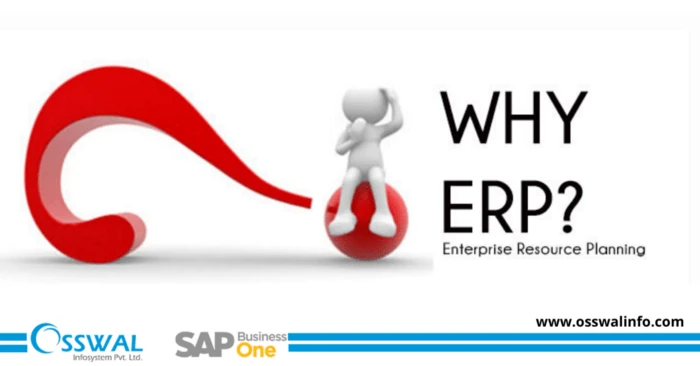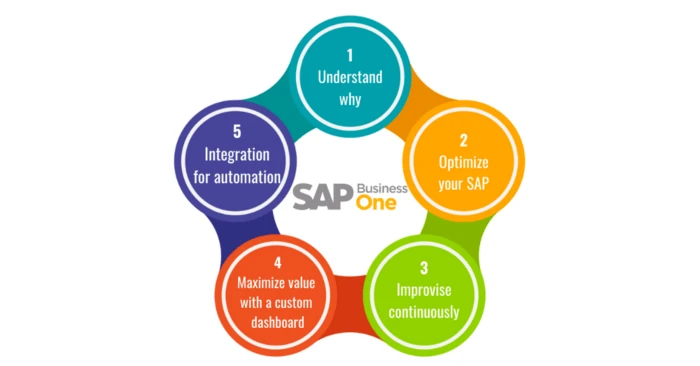An ERP software helps your business ensure numerous benefits, the first being automation. Check out the other advantages, apart from it, below: Streamlined processes: An ERP system integrates all the processes across departments from beginning to end and meets the specific needs of each individual business. Improved productivity & efficiency: An ERP system saves time […]
August 2020
Gaining an understanding of why you need SAP for your business and the purpose it is going to fulfill for you is essential. Any ERP is typically designed to handle the management of materials, inventory control, supply chain, purchasing, finance, and accounting. So, you must be able to clearly define the way you are using
Ways to increase the effectiveness of SAP ERP system Read More »
SAP Partner evaluation is a step-by-step process. Once you shortlist the partners based on certain criteria such as your business needs, controls, etc., you can evaluate them in a lot of different ways. You can gather information from outside sources like the clients that partner is currently serving, or has served in the past. Once you
How I choose my SAP Partner? Read More »



